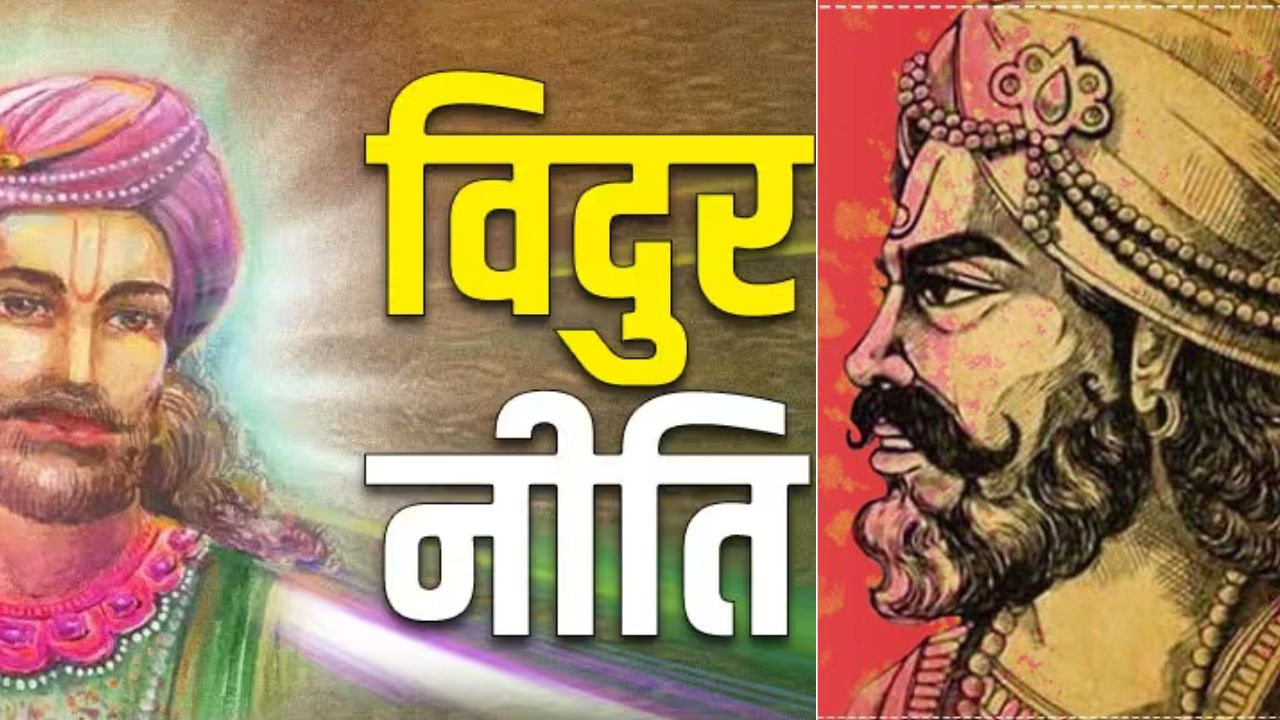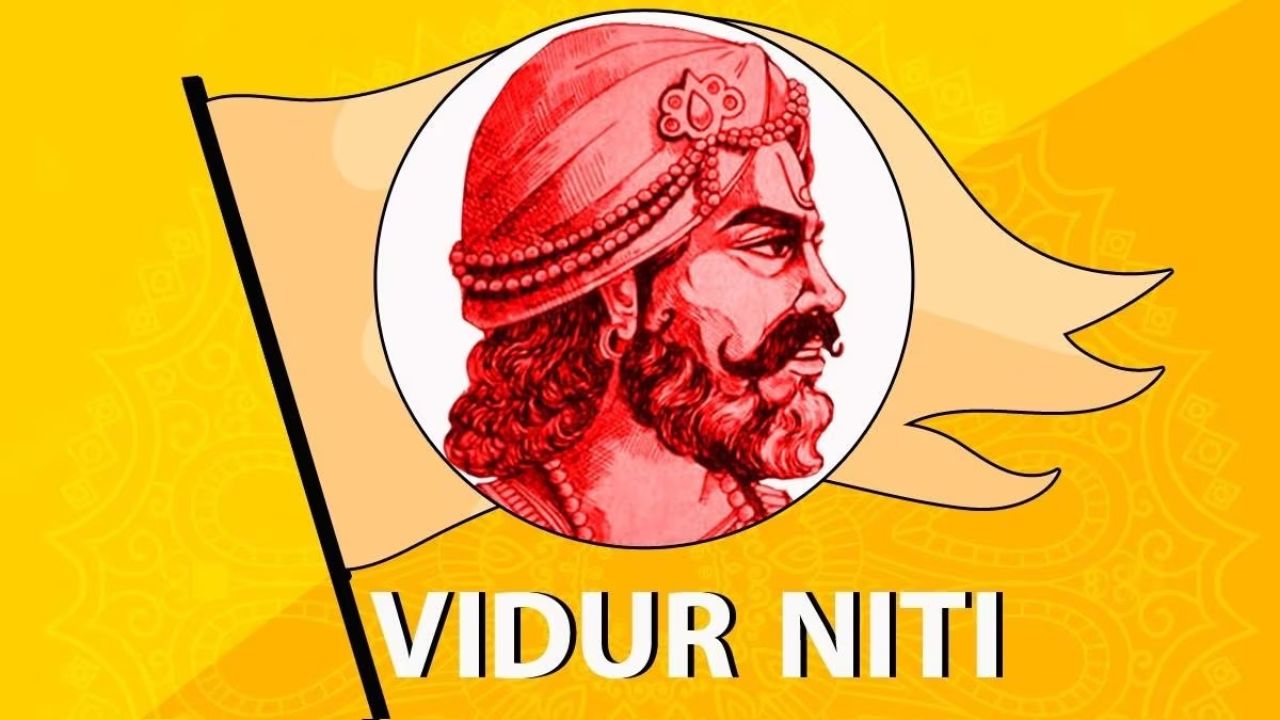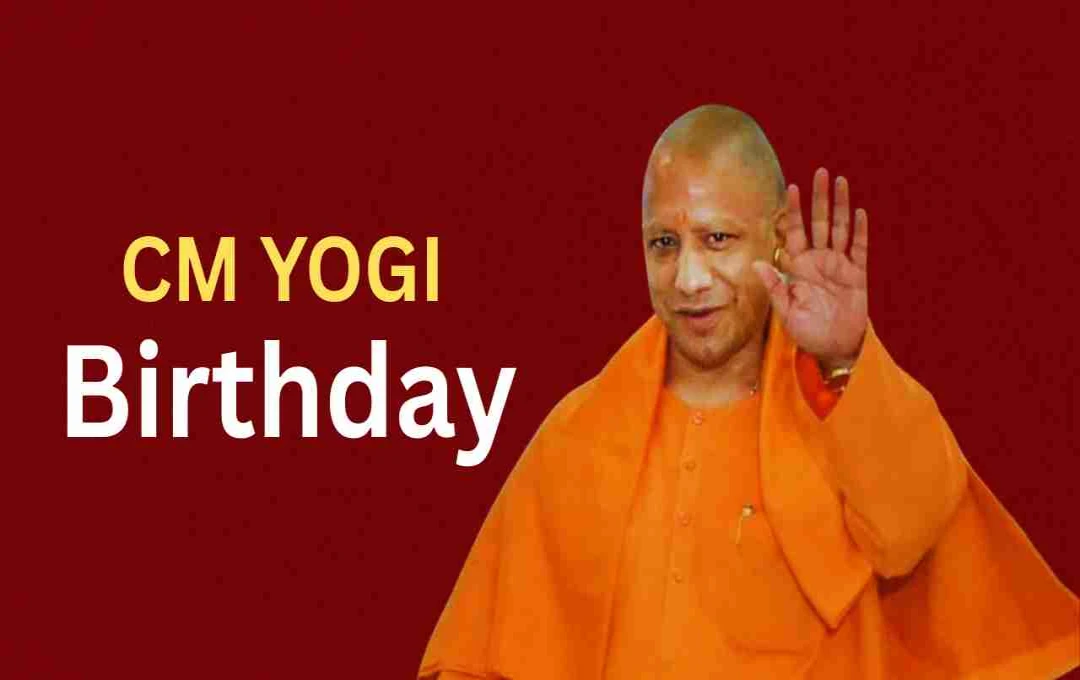Mahatma Vidur was the Chief Minister of Hastinapur and a member of the royal family. However, his mother was not of royal birth; instead, she served as a common maid in the palace. This resulted in Mahatma Vidur not playing any significant role in governance or family affairs, nor did he get the opportunity to learn warfare from Bhishma Pitamaha. Vidur was the son of Rishi Ved Vyas and a maidservant. He advised the Pandavas on several occasions and saved them from Duryodhana's schemes. Vidur also opposed the humiliation of Draupadi in the Kaurava court. According to Lord Krishna, Vidur was considered an incarnation of Yama (the god of justice). Similar to Chanakya, Vidur's principles are highly admired. Vidur's wisdom is connected to a dialogue between Mahatma Vidur and King Dhritarashtra of Hastinapur before the Mahabharata war. Let us understand the significance of Mahatma Vidur's policy – Part 4 in this article, from which we can learn lessons to improve our lives.

Those who are arrogant without knowledge, who make grand plans despite being poor, and who desire wealth without labor are considered fools by the wise.
O best of the Bharata dynasty (Dhritarashtra), one who reveals secrets, doubts everything, and takes excessive time to complete short tasks is called a fool.
Those who do not perform their ancestral duties, do not worship the gods, and do not befriend virtuous people are considered foolish thinkers.
Those who abandon their duties and constantly interfere in the duties of others, and those who engage in wrongdoings with friends, are called foolish thinkers.
Those who desire the undesirable and turn away from the desirable, and who harbor enmity towards those more powerful than themselves, are called foolish souls.
Those who befriend enemies and harm them out of envy, and those who always initiate bad deeds, are called foolish thinkers.
O King, a person who punishes without reason, blindly trusts ignorant people, and seeks the refuge of miserly and unkind individuals is called foolish in intellect.
One who comes to an assembly uninvited, speaks without being asked, and trusts unreliable people is a fool.
A person who blames others for their mistakes and easily gets angry despite being incompetent is a fool.
One who desires things beyond their capacity and seeks things that yield neither religious merit nor profit is called a fool in this world.







